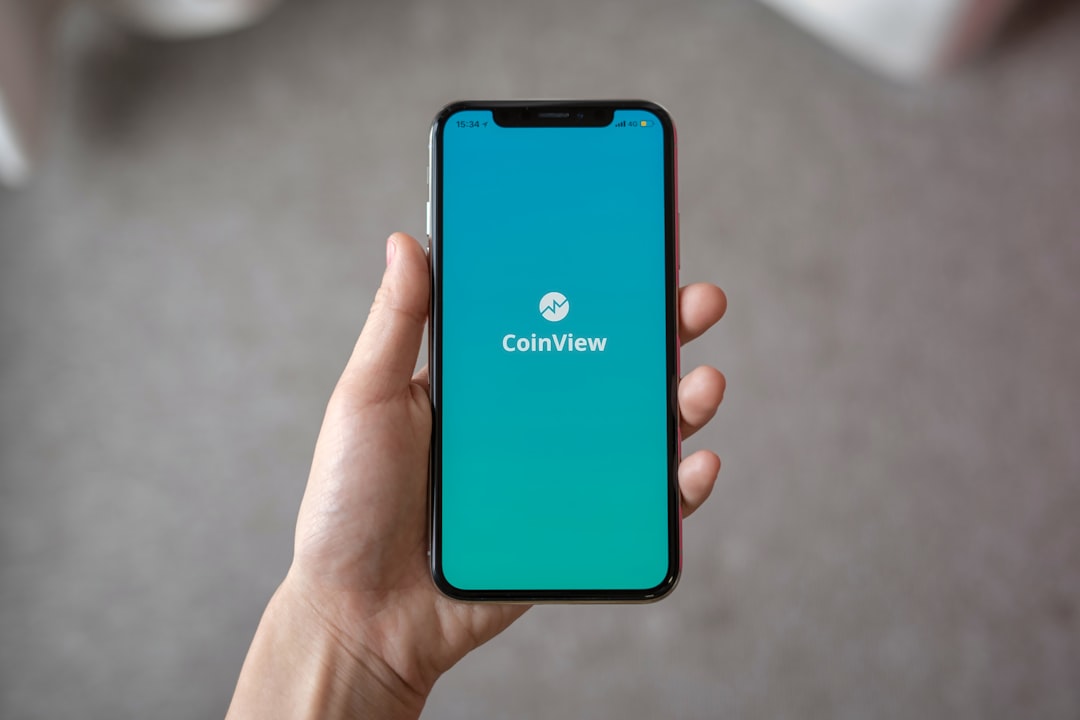In Florida, strict Do Not Call Laws demand ethical telemarketing practices. Leaders play a vital role by setting standards, promoting transparency, and training teams on consumer rights and privacy regulations. Regular audits, feedback, and continuous improvement ensure compliance with Do Not Call Laws, fostering trust in the competitive Florida market.
In Florida, where “Do Not Call” laws are strictly enforced, effective leadership plays a pivotal role in fostering ethical telemarketing practices. This article delves into the intricate relationship between leadership and telemarketing compliance, exploring how visionary leaders can navigate the regulatory landscape while promoting responsible sales tactics. We examine strategies to uphold Do Not Call Laws, ensuring consumer protection and fostering trust in Florida’s telemarketing industry.
Understanding Do Not Call Laws in Florida: A Foundation for Ethical Telemarketing

In Florida, like many US states, Do Not Call (DNC) laws are a crucial foundation for ethical telemarketing practices. These laws protect residents from unwanted phone calls and provide a framework for businesses to respect consumer privacy and preferences. Understanding and adhering to the DNC regulations is essential for any telemarketing operation in Florida. Businesses must be mindful of registering their numbers, obtaining proper consent, and honoring opt-out requests to ensure compliance.
Florida’s Do Not Call laws offer a balanced approach, allowing businesses to connect with potential customers while also empowering individuals to control their contact preferences. By following these regulations, telemarketers can foster trust and create a positive perception of their organization, setting the stage for more meaningful and ethical interactions in the vibrant Florida market.
The Impact of Leadership on Shaping Telemarketing Practices in Florida

In Florida, where Do Not Call Laws are strictly enforced, effective leadership plays a pivotal role in shaping ethical telemarketing practices. Leaders within telemarketing companies have the power to set standards and guidelines that influence the overall behavior of their teams. By prioritizing ethical conduct, leaders can ensure compliance with local regulations, fostering trust among consumers. They lead by example, encouraging open communication, transparency, and respect for customer privacy, thereby creating a culture that respects Florida’s Do Not Call Laws.
Moreover, leadership drives continuous improvement in telemarketing strategies, ensuring they remain compliant and effective. Through regular training sessions, performance evaluations, and feedback mechanisms, leaders can identify and address unethical practices promptly. This proactive approach not only maintains legal compliance but also enhances the company’s reputation, contributing to long-term success in Florida’s competitive market.
Strategies for Leaders to Promote and Enforce Ethical Standards in Telemarketing

Leadership plays a pivotal role in shaping the ethical landscape of telemarketing, especially within the regulatory framework of Do Not Call Laws Florida. Effective strategies for leaders to promote and enforce these standards involve proactive measures and a holistic approach. Firstly, leaders should implement comprehensive training programs that educate telemarketers on consumer rights, privacy regulations, and the importance of respectful communication. Regular workshops and simulations can help them navigate tricky scenarios.
Additionally, establishing clear code of conduct with defined consequences for violations is essential. Leaders must encourage open dialogue where telemarketers feel comfortable reporting unethical practices without fear of reprisal. Regular audits and monitoring of calls, coupled with feedback sessions, allow leaders to identify areas for improvement and ensure compliance with Do Not Call Laws Florida.






